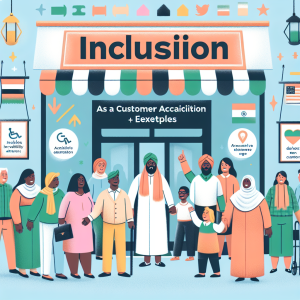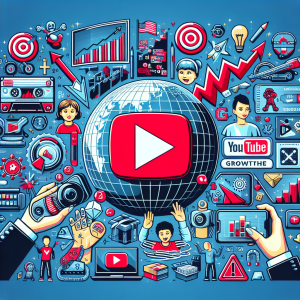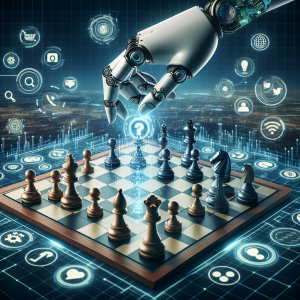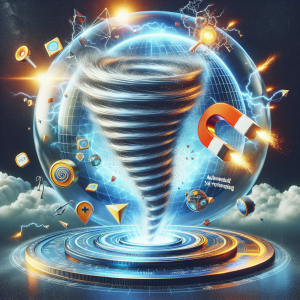The Rise of Artificial Intelligence: How AI is Creating Jobs
For some, the rise of artificial intelligence (AI) sparks fear about job security. Images of robots replacing human workers flood the mind. However, the reality of AI’s impact on the job market is far more nuanced. While some roles may become automated, AI is also poised to create a wealth of new opportunities.
AI is Fueling Job Creation Across Industries
The emergence of entirely new fields dedicated to developing, implementing, and managing AI technologies is undeniable. Let’s delve into specific examples of how AI is driving job creation:
1. Data Science and AI Engineering:
- Data Scientists are in high demand to analyze massive datasets, uncovering insights that drive AI algorithms.
- AI Engineers are the architects behind these algorithms, building and refining the systems that power AI applications.
2. AI Training and Implementation:
- As AI becomes more integrated into various industries, professionals skilled in AI training are needed to teach these systems how to perform specific tasks.
- Implementation specialists ensure the seamless integration of AI solutions into existing workflows.
3. AI-Driven Content Creation and Marketing:
- AI is changing the landscape of content creation, with AI writers and content strategists leveraging these tools to produce high-quality, engaging material.
- AI-powered marketing platforms require skilled professionals to manage campaigns and analyze data for optimal results.
The Skills You Need to Thrive in an AI-Powered World
The key to thriving in this evolving job market lies in adaptability and a willingness to embrace new skills. Here’s what you need to focus on:
- Technical Proficiency: A strong foundation in data analysis, programming languages, and AI concepts is becoming increasingly valuable.
- Critical Thinking and Problem-Solving: AI tools can provide insights, but human ingenuity is essential for interpreting data and devising innovative solutions.
- Creativity and Emotional Intelligence: While AI excels at automation, uniquely human skills like creativity, empathy, and emotional intelligence remain highly sought after.
The future of work is not about a battle between humans and machines. Instead, it’s about harnessing the power of AI to augment human capabilities, creating a more efficient and innovative future. By embracing lifelong learning and developing in-demand skills, you can position yourself for success in the exciting world of AI-driven careers.








